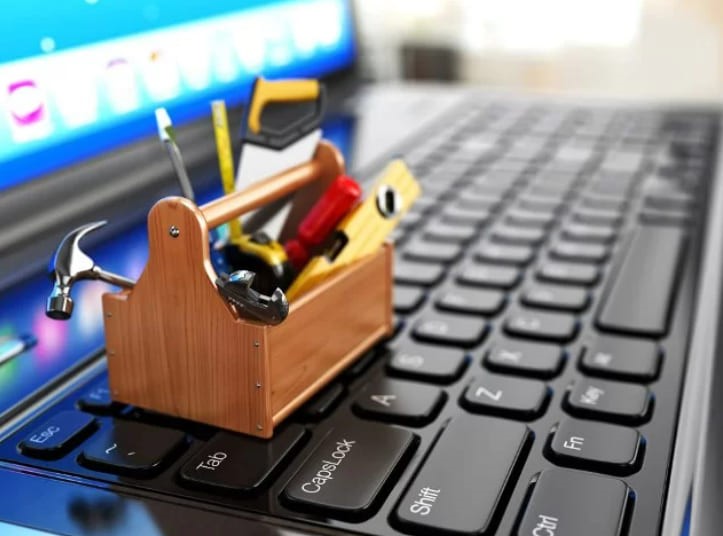Tech
Troubleshooting Common Laptop Issues

One of the most frustrating things about laptops is that they can malfunction without warning. It’s hard to predict when a laptop issue may arise, but it’s important to know how to troubleshoot them. Fortunately, there are a few common issues that you can prepare for and fix in no time. Let’s explore some of the most common laptop problems and solutions.
Laptop Problems and Solutions
Slow Performance
A slow laptop not only affects your work productivity but can also be incredibly frustrating when trying to perform basic tasks. There are two main reasons why a laptop might be running slowly — hardware issues and software issues. If you think your laptop is running slowly due to hardware issues, consider purchasing more RAM or upgrading your processor. This will help boost your system performance significantly. If you think the issue lies in software, try uninstalling any unnecessary programs and deleting old files that are taking up space on your hard drive. You should also make sure all of your drivers are up-to-date as outdated drivers can cause performance issues as well.
Overheating Laptop Overheating is a common issue laptops encounter, and there are a few ways to ensure your laptop has appropriate cooling. But how to stop laptop from overheating? First, make sure there is an adequate amount of free space surrounding your laptop. Removing any clutter such as documents and storage drives that are taking up space, can prevent overheating due to how much how fan air vents need to effectively cool the laptop. You should also ensure that the fan and vents on the laptop aren’t blocked in any way. Consider placing additional fans around the device and running routine maintenance such as disk cleanups that help keep your laptop running smoothly.
Frozen Programs
Sometimes programs will freeze or crash unexpectedly for no reason at all — this is especially true for older laptops with slower processors or limited RAM. If this is happening frequently, it’s likely because you have too many programs open at once or there is not enough available memory on your system for the program to run properly. The best solution here is to close out unnecessary programs before opening one that requires more resources than usual and make sure you have enough memory available to support what you’re trying to do. You should also consider upgrading from an older operating system like Windows 7 if possible as this could potentially resolve the issue as well.
Laptop Viruses
Laptop viruses can wreak havoc on any device, so it’s important to take steps towards preventing them in the first place and know how to handle them if they occur anyway. The best way to prevent a virus infection is by installing antivirus software on all of your devices and making sure it’s always kept up-to-date with the latest security patches and definitions from its manufacturer (i.e., Norton, McAfee). Additionally, be cautious when downloading files from untrusted sources as these often contain malicious code that can infect your device with a virus or other forms of malware. If you think your device has been infected with a virus, scan it immediately with an antivirus program and delete any malicious files that were detected during the scan process.
Conclusion Laptop problems can range from minor annoyances to major disasters depending on their severity and complexity. But by knowing about some common laptop problems and solutions ahead of time, you can save yourself time, money, and frustration down the road if something does go wrong with your device(s). While it’s impossible to anticipate every potential issue that may arise with a laptop system, being proactive in terms of prevention (e..g., installing antivirus software) will help ensure optimal performance over time!
Having completed my education in English, I’ve cultivated a successful career as a content writer. My tenure includes valued collaborations with distinguished professional organizations, reflecting my commitment to producing high-quality content.
Contact me on this mail: [email protected]










